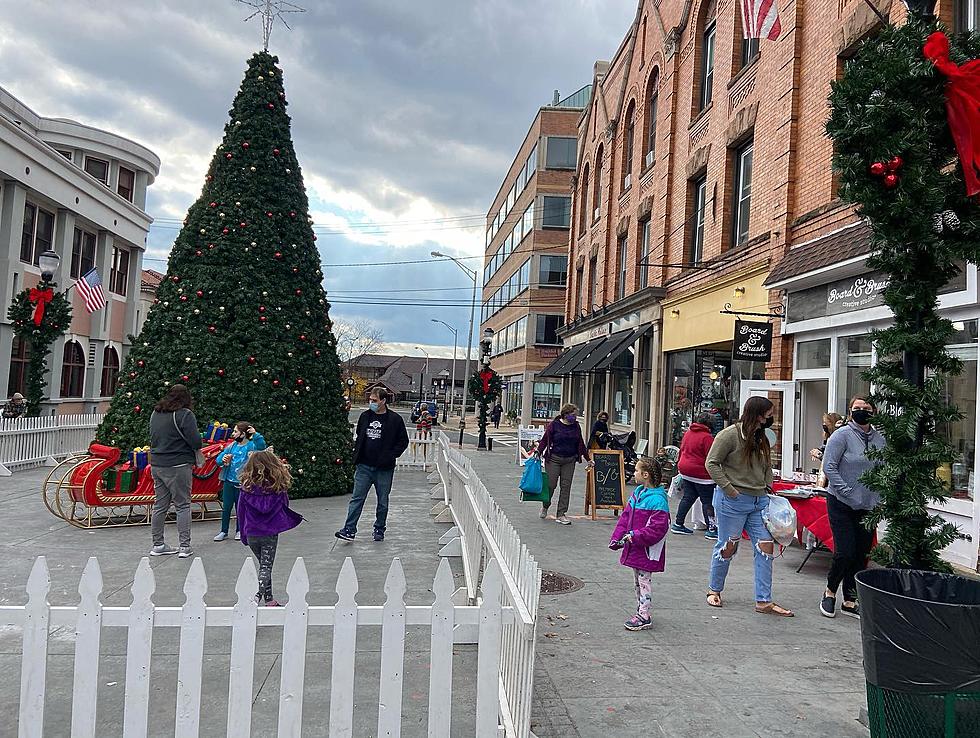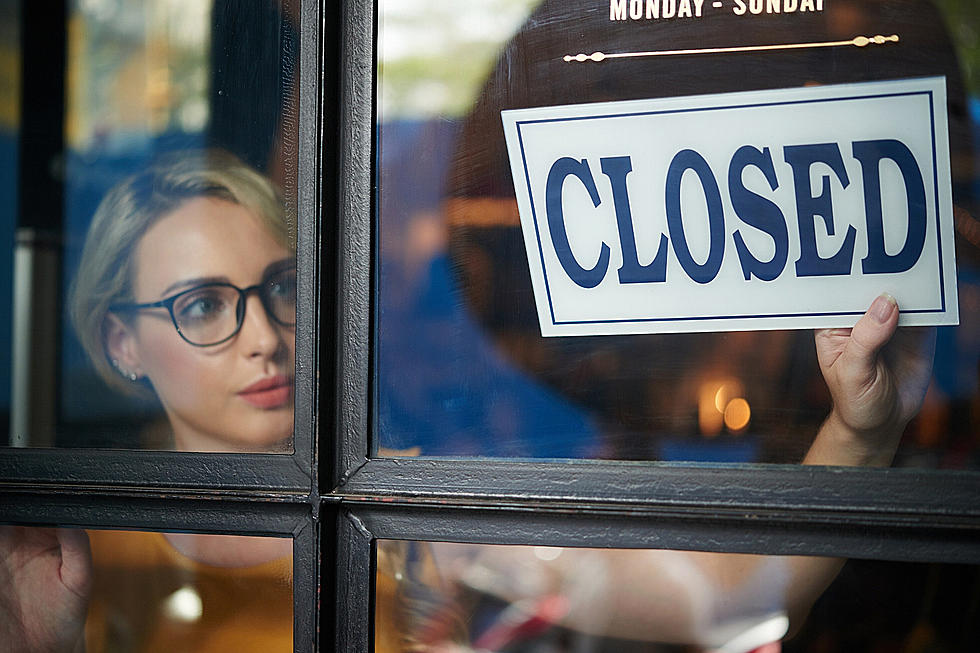![Are You Financially Ready for an Emergency? [AUDIO]](http://townsquare.media/site/394/files/2012/07/Broken-piggy-bank.jpg?w=980&q=75)
Are You Financially Ready for an Emergency? [AUDIO]
If you suddenly lose your job or get hurt at work and need money, what would happen?
In these difficult economic times, many New Jersey residents are so focused on making ends meet right now that they are not putting anything away for an emergency situation in the future, but financial experts warn this practice can be problematic.
"What everybody should have is a rainy day fund, and based on your employment situation, that can be three months or as much as six months worth of expenses. And don't calculate it on your income, calculate it on what you spend every month," said the President and CEO of Ventura Wealth Management, Nick Ventura.
He pointed out many state residents, who lost significant chunks of their nest eggs during the Great Recession, are parking their money on the sidelines - afraid to tie it up in the stock market.
"Cash as an investment really isn't an investment," Ventura said. "It should be a reserve vehicle."
Ventura also said many folks consider their home, which is their biggest investment, to be an emergency source of income.
"What people need to remember about real estate, and it's not a question of value, or whether it's the right time or the wrong time, you have to remember it's not liquid, so it's hard to turn a house into cash."
He felt confident the housing market is recovering, in part because the federal government is trying to promote a healthy environment for real estate.
But, because it's not the simplest nor the quickest transaction, that's another reason why that cash reserve of three to six months expenses is so important.
More From 92.7 WOBM










